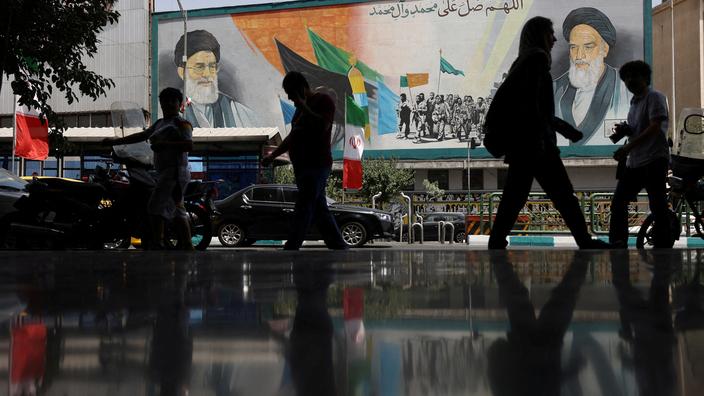In the tense aftermath of a recent ceasefire with Israel, Iranian authorities have unleashed a sweeping internal crackdown, targeting hundreds of citizens accused of espionage and collaboration. The campaign, described by observers as a "witch hunt," has seen mass arrests, public calls for denunciation, and a sharp increase in executions, replacing the fear of external military strikes with a pervasive psychosis of internal repression.
According to a report by Elisabeth Pierson in the French newspaper Le Figaro, Iranian state media has announced that over 700 people have been arrested since the conflict began. The accusations are severe, ranging from operating drones and making homemade bombs to photographing sensitive military sites and passing intelligence to the Israeli army. The report underscores a regime shaken by the conflict, now seeking to purge any perceived internal threats and reassert control.
The crackdown has taken a lethal turn. The state-affiliated Mizan news agency announced that three Kurdish men were executed by hanging in Urmia on Wednesday. They were convicted of "cooperation with the Zionist regime" in connection with the 2020 assassination of an Iranian nuclear engineer. This follows the execution of at least two other men earlier in the week on accusations of being Mossad agents. Human rights organizations fear the number is even higher, with Iran Human Rights reporting at least ten executions since the start of the conflict, all under the shadow of espionage charges.
To fuel this campaign, the government is employing both new legislation and widespread surveillance. The Iranian parliament has passed a law to “intensify the punishment of espionage,” while on the ground, security forces are conducting random mobile phone checks at roadblocks. Any communication with foreign numbers is deemed suspicious, and experts warn the regime possesses technology to scan encrypted messaging apps like WhatsApp. Further stoking paranoia, the Ministry of Intelligence sent a mass text message to citizens, calling on them to act as informants and report "suspicious movements" to security hotlines.
This climate of fear has engulfed civil society. The crackdown extends beyond espionage suspects to include dissidents and artists. Prominent anti-regime rappers have been detained, and activists report that the Basij security forces are now armed with Kalashnikovs instead of their usual batons, under orders to prevent any public gatherings. Concerns are also growing for political prisoners, such as the Swedish-Iranian doctor Ahmad Reza Jalali, who was reportedly transferred from Evin prison. Amnesty International fears his execution for espionage may be imminent, as the regime uses the crisis to settle old scores and silence all opposition.
Photo: Source
